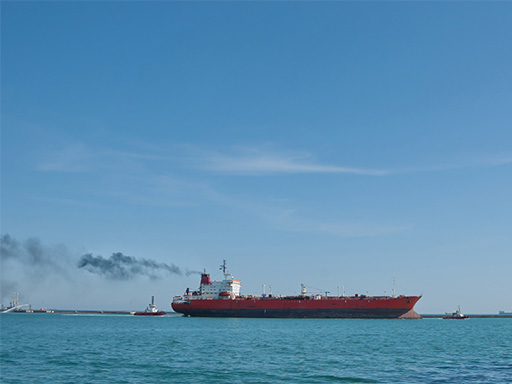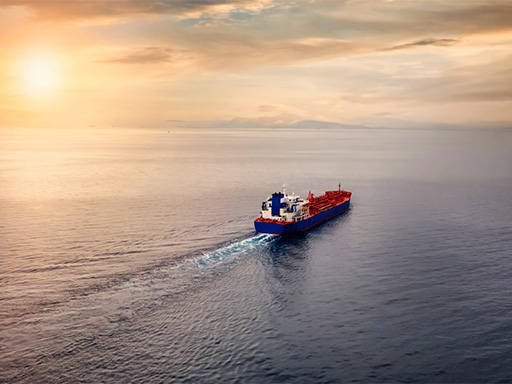ETS Extension to maritime

From 1 January 2024, CO2 emissions from ships of and above 5 000 gross tonnage, calling at or departing from ports in the European Economic Area (EEA), no matter what flag they fly (EEA/non EEA), are included in the EU’s Emissions Trading System (ETS).
The extension of the ETS to maritime transport includes:
![]() 100% of emissions from ships calling at an EEA port for voyages within the EEA
100% of emissions from ships calling at an EEA port for voyages within the EEA
![]() 50% of the emissions from voyages starting or ending outside of the EEA
50% of the emissions from voyages starting or ending outside of the EEA
![]() 100% of emissions produced when ships are within EEA ports.
100% of emissions produced when ships are within EEA ports.
While the GHG climate impact of maritime transport is mainly due to its CO2 emissions, other GHG such as methane and nitrous oxide, are significantly increasing their share of emissions. The EU ETS will initially cover CO2 emissions, and from 1 January 2026, it will also incorporate methane (CH4) and nitrous oxide (N2O), based on the CO2 equivalent principle.
|
Access the amended ETS Directive and Implementing Acts: Directive (EU) 2023/959 of the European Parliament and of the Council of 10 May 2023 amending Directive 2003/87/EC establishing a system for greenhouse gas emission allowance trading within the Union and Decision (EU) 2015/1814 concerning the establishment and operation of a market stability reserve for the Union greenhouse gas emission trading system. |
Under this extension, every year, shipping companies will have to monitor and report their emissions and purchase and surrender ETS emission allowances for each tonne of reported CO2 emissions in the scope of the system.
The new system will be phased in gradually, and shipping companies will have to surrender allowances, as following:
![]() In 2025, for 40% of the emissions reported in 2024
In 2025, for 40% of the emissions reported in 2024
![]() In 2026, for 70% of their emissions reported in 2025
In 2026, for 70% of their emissions reported in 2025
![]() From 2027 onwards, shipping companies will have to surrender allowances for 100% of their reported emissions.
From 2027 onwards, shipping companies will have to surrender allowances for 100% of their reported emissions.
The system builds upon the MRV maritime Regulation and data reported through THETIS MRV, operated and maintained by EMSA. Find out more about the changes to the MRV Regulation.
Each shipping company will be associated with an administering authority of a Member State to ensure compliance with the system. The EU legislation also includes a reporting and review clause to monitor the implementation of the rules applicable to the maritime sector and to take into account relevant developments at the level of the International Maritime Organisation (IMO).








